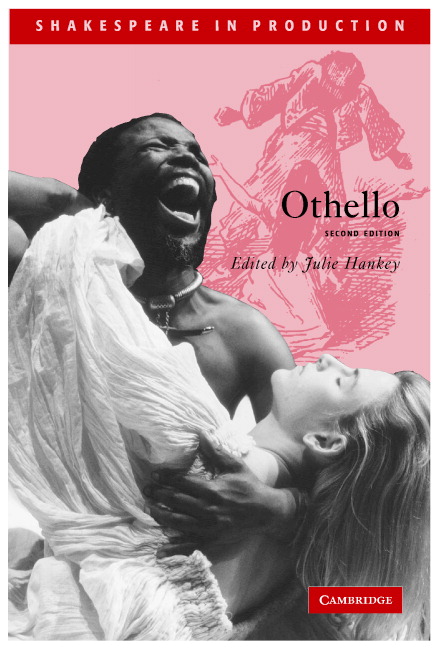

This is a gross over-simplification of a subject which has exercised critical debate over centuries! What is not in doubt is that these tragedies work in the theatre - people continue to be moved by seeing them in performance.Ĭomedy is a term applied to the humorous plays of Greek (e.g. In each tragedy we see a man, generally good, but flawed in some way, destroyed by his own error or the malice of another (or both of these) the plays are so written as to excite some mixture of pity, awe or horror at the tragedy, and to question and perhaps re-affirm the justice of the world. For him a tragedy is a play in which a character begins with or attains a position of eminence, from which he falls, through circumstances which are partly within and partly outside his control. These rules have proved helpful as a working description, but should not be seen as absolute: Shakespeare, in practice, ignores them more or less. Aristotle (a philosopher and scientist, but no playwright) describes rules or principles for the drama which tragedians should follow. Tragedy (which means "goat song" in classical Greek!) originates in Athens in ancient times. Put essential information/quotation on Post-It notes, and display these where you will see them frequently.Īs a term to describe a category (kind) of play,.Make audio tapes of parts of the play and your comments on them, as well as recording spoken "essays".If you have access to suitable computer software, ask for copies of files, and adapt them for your learning.∼ustomize books/guides with pencil markings, icons, inserts or highlighting.You may wish to use any or all of the following ways of owning your study of this play: Other people's study guides (like this one) are never as effective as your own. Use these books effectively: do not try to read them for extended periods like a story (unless you have unusual intellectual powers!) Study for short periods, then write down simple statements of what you want to remember, or questions to raise in class discussion. Cuddon's Dictionary of Literary Terms (Penguin, 1982) and Richard Gill's Mastering English Literature (Macmillan, 1985). Literature reference: Useful handbooks for the general study of English literature include The Cambridge Guide to English Literature and The Oxford Guide to English Literature, J. Shakespeare and his Stage (University of London, 1953) is hard to beat.


For general background information about Shakespeare, Ms. At a more basic level the guides fromīrodie's Notes (Pan) and York Notes (Longman) may help you. The New Cambridge edition is good (but uses archaic spelling of names) while sound editions are published by Penguin and Macmillan.Ĭritical works and background sources: For critical writing about the play, you should use the Casebook anthology (Macmillan): read the introduction, and study essays selectively. Most students will find this challenging, although the introduction is well worth reading. But any serious Advanced level student should expect to use at least some of the following:Įditions of the play: The most authoritative version is the Arden edition. What other resources should you use? This depends on your own aptitude and readiness for study. It should be used in conjunction with study of Othello in performance, as far as possible, and of the text in one or more editions designed for study at your level. The guide indicates the terms in which examiners will expect you to understand the play. This guide is written to support your study of Othello. If you have any comments or suggestions to make about this page, please contact me by clicking on this link. Please use the hyperlinks in the table above to navigate this page. This study guide is intended for students taking exams at GCE Advanced (A2) and Advanced Supplementary (AS) level in the UK, but is suitable for university students and the general reader who is interested in Shakespeare's plays. Navigation Home page Contents Forum Maximize Search Comment Mail me Author


 0 kommentar(er)
0 kommentar(er)
